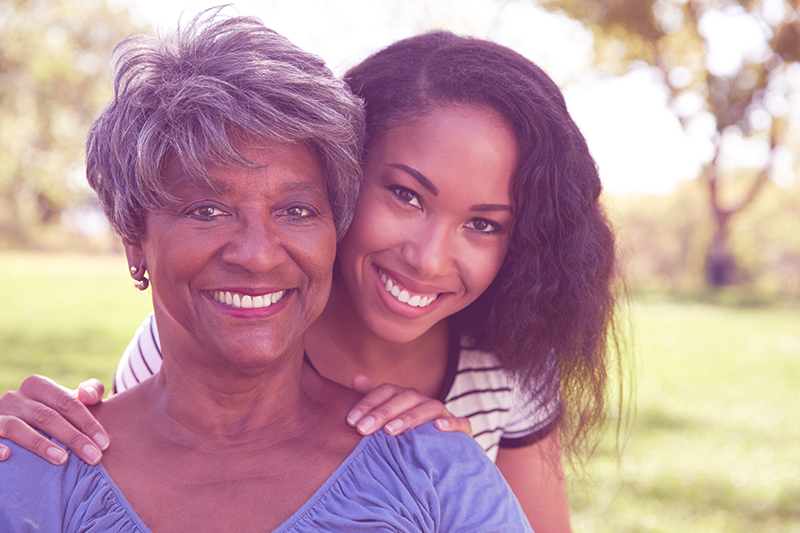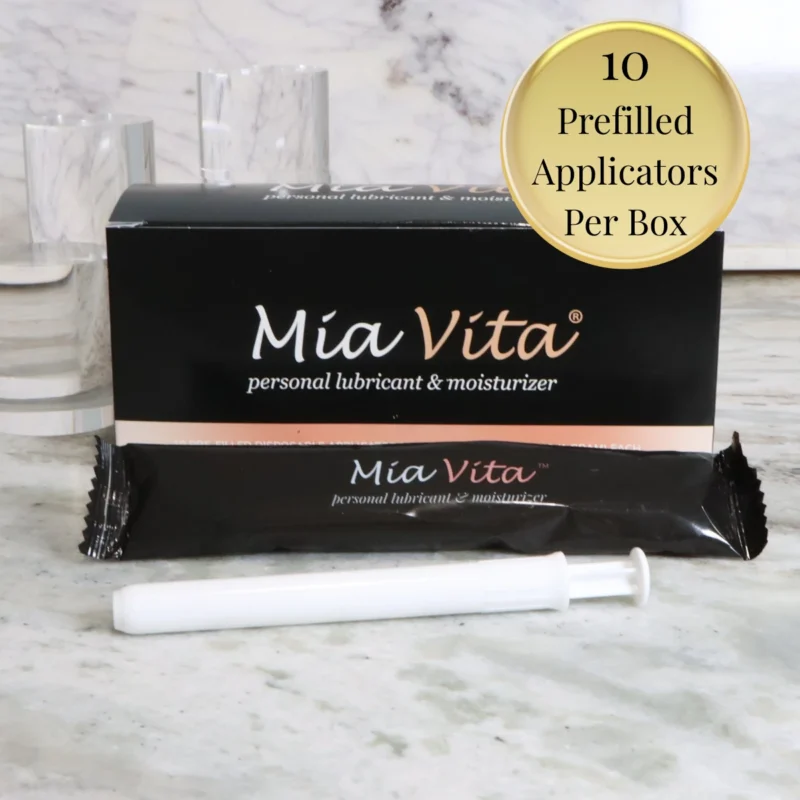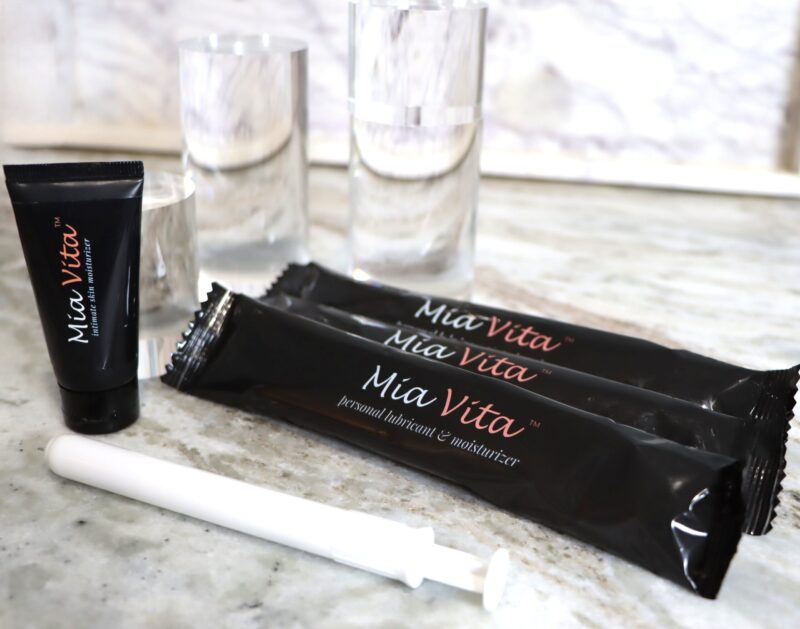On average, a woman has a one-in-eight chance of developing breast cancer if she lives to be 80, according to breastcancer.org. Risk increases with age, and because age is a well-established risk factor, many younger women assume they’re off the hook when it comes to breast health — but that isn’t necessarily true.
While breast cancer rates are indeed low for women under 40, there are other factors like race and family history that can play a huge role when or if a woman develops the disease. But don’t worry. While every woman is different, there are preventive measures you can take at any age to safeguard your breast health and identify risks sooner.
20s and 30s
Breast cancer isn’t common among women in their 20s, but it is the most common cancer among U.S. women. Be aware if you have risk factors such as:
- A member of your immediate family was diagnosed before age 50
- You carry the BRCA1 or BRCA2 gene mutation
- You receive radiation treatment in the chest before age 30
Be sure speak with your doctor about concerns, and embrace healthy habits now: limit alcohol, don’t smoke, and stay physically active. Once you hit 30, if you do have a family history of breast cancer, talk to your doctor about scheduling a baseline mammogram.
40s and 50s
In 2015, the American Cancer Society increased the recommended screening age to 45 from 40 for women of average risk for breast cancer, but women can choose to begin mammograms earlier if they wish. This option is especially important if you have a family history of breast cancer or other risk factors. Your doctor can help you determine the right time for your first mammogram. Your 40s is also the time when your risk of breast cancer significantly increases. A healthy lifestyle is never more important.
At 50, the probability of developing invasive breast cancer in the next 10 years is 2.3 percent, or one in 43, according to breastcancer.org. Annual mammograms are essential for early detection. Some studies have shown a link between postmenopausal weight gain and breast cancer. Exercising, keeping your weight down, and eating healthy should still be among your top priorities.
60s and beyond
Half of women newly diagnosed with breast cancer are over 60, and one-fifth are over the age of 70. But even as the risk of breast cancer increases with age, the chances of dying from it steadily declines. This is due in part to advances in mammography and more effective treatments. As always, early detection is important. Your doctor can help you determine how often to have one.
FemmePharma has been helping women navigate menopause for over two decades. No matter where you are in your journey, you deserve to have knowledgeable, intimate healthcare partners to help you feel your best. Explore our other articles, podcast episodes with women’s health experts, and products to ease your transition into menopause.



